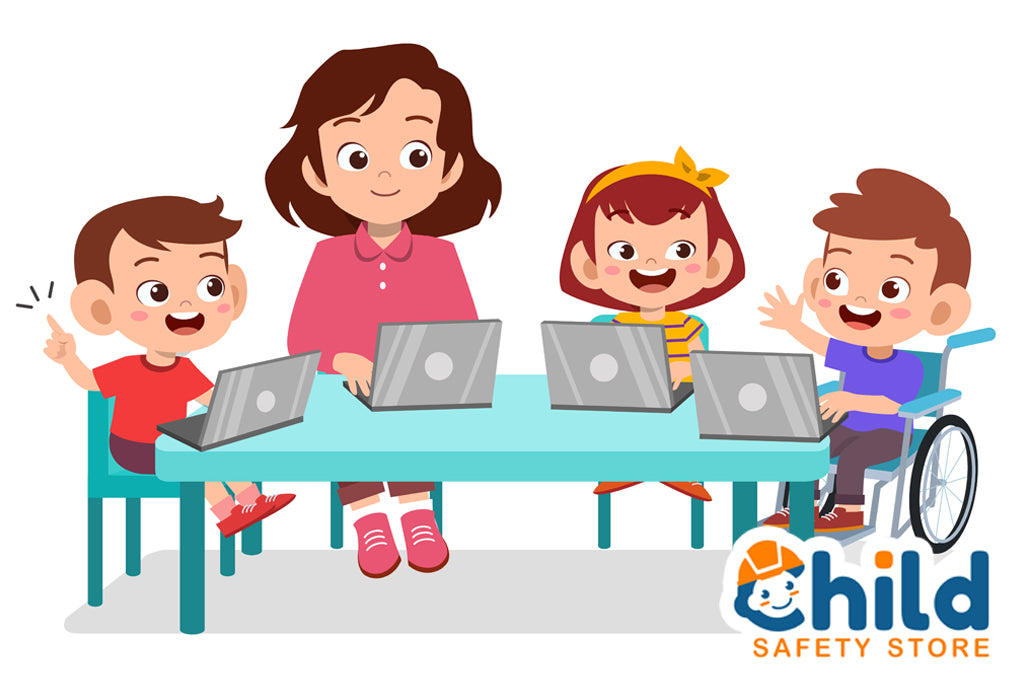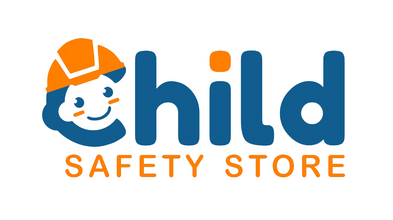
Keeping Kids Safe Online
In today’s world, we are always connected. Many parents know just how hard keeping kids safe online can be. Sure, the Internet is an incredible tool for learning and helping to keep our families connected. Unfortunately, it’s also rife with predators and unsavory content.
With that in mind, here are some helpful tips for keeping kids safe online.
Communication is Key
Before turning the computer on, parents should have a frank, honest conversation about the potential dangers of the Internet. It may be an awkward topic, but children need to understand the possibility of digital stranger danger.
As wonderful as the Internet is, it can also be quite dangerous. Predators are often on the prowl, looking to prey upon children. Sadly, one in five children have received some form of sexual solicitation while online. Just as children should understand how to dial 9-1-1 in an emergency, it’s important that they also know how to protect themselves online.
Above all, kids need to understand the risks of their actions, as well as what not to say.
For one, a child should never reveal personal information.
This includes:
- Real names or the names of any of their friends
- Address or phone number
- Where they go to school
Kids need to be extra careful to never send any photos of themselves. Finally, it is crucial that they understand that it is never okay to meet people from the Internet in real life. Children can be very trusting, and predators know this. They will try to use this approach to lure our little ones, so parents need to get ahead of the issue.
Keep the Computer in Sight
We’ve discussed active supervision in the past. This often applies to the pool, but it relates to keeping kids safe online, too! For parents, it’s important to monitor a child’s Internet activity. One of the easiest ways to do this is to keep the family computer in plain sight. Kids may want a PC or Mac in their room, but they shouldn’t have that until they are ready for the responsibility. Instead, keep the device in the main living area with the screen facing the room. Don’t allow the screen to be obscured. Instead, you’ll want to be able to simply glance over to see where your little ones are browsing. You’ll be surprised just how effective the presence of a parent can be in keeping children away from naughty sites.
Encourage Critical Thinking
Speaking of naughty sites, this is a good time to reinforce your child’s critical thinking skills. There is a lot of misinformation online. At times, even many adults cannot tell fake news from verified facts. When your child is using the Internet to research for a school assignment, work alongside them. Help them to understand the value of using multiple sources to verify claims. Explain the difference between user-generated content like Reddit or Wikipedia and reputable sources.
Above all, you are looking to teach your little one to think for him or herself. In the end, children need to be able to discern the value of an information source for themselves. After all, you won’t always be there to point them in the right direction.
Set Strict Time Limits
As many of us know, it’s easy to lose hours browsing the Internet. That’s also true for kids. Too much web time can be trouble, so it is best to set strict time limits. For example, computer time can take 30 minutes to an hour when they get home from school or after dinner. As we’ve discussed in the past, screen time for children should be limited, and this includes the computer. When it is homework time, the computer and the phones should be turned off. This can help eliminate distractions and keep young minds focused!
Parental Settings Are Terrific for Keeping Kids Safe Online
Last, but certainly not least: parents should make use of any parental control settings available. The unfiltered Internet can be a hive of malicious sites, viruses and worse. Keeping kids safe online involves keeping them away from some of the harsher content that’s out there.
Typically, most computer and phone operating systems have built-in parental controls. These will be your first line of defense. Additionally, many Internet Service Providers offer free parental controls as well. Give your provider a call to see what is available in your service package. By combining these tips and parental control options, you’ll have a much easier time keeping your children out of harm’s way.
